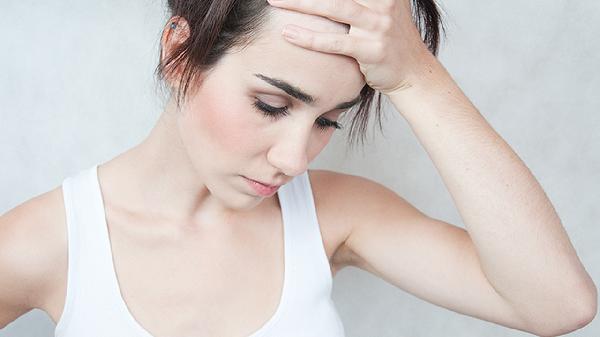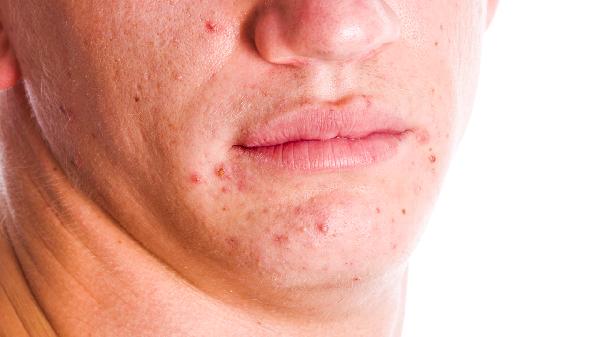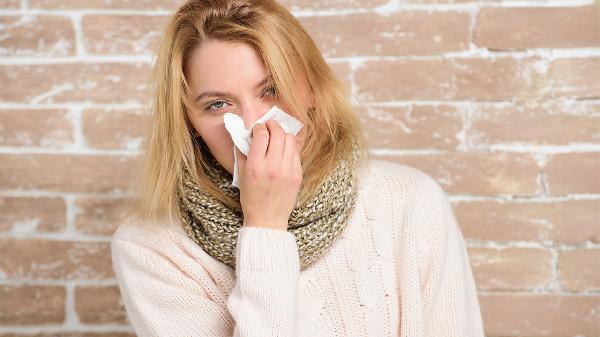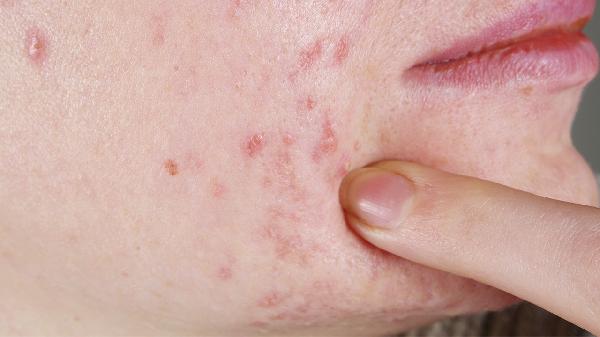Have you noticed that the frequency of sneezing and runny nose has been much higher than usual lately? Don’t be quick to blame pollen or dust mites—your anxiety might be the real culprit. Yes, you heard that right. Anxiety can not only cause insomnia and loss of appetite but also worsen your allergy symptoms. Today, let’s talk about this "itchy" topic.

1. The Subtle Relationship Between Anxiety and the Immune System
Anxiety is not just psychological discomfort; it also affects your immune system. When you’re anxious, your body releases a large amount of stress hormones, such as cortisol. These hormones are meant to deal with emergencies, but prolonged high levels of cortisol can weaken your immune system, making your body more sensitive to external stimuli. In other words, anxiety makes your immune system "overreact," making allergy symptoms more likely to be triggered.
2. How Anxiety Exacerbates Allergic Reactions
Allergies are essentially an overreaction of the immune system to harmless substances. In an anxious state, the body’s inflammatory response is amplified, leading to more severe allergy symptoms. For example, mild nasal congestion might turn into persistent sinusitis, and slight skin itching could develop into unbearable eczema. Anxiety is like "adding fuel to the fire," making allergy symptoms harder to control.
3. The Vicious Cycle of Anxiety and Allergies
There’s also a vicious cycle between anxiety and allergies. Allergy symptoms themselves can cause discomfort and anxiety, which in turn worsens the symptoms. For instance, skin itching might make you scratch, and scratching triggers more inflammation, making the symptoms even worse. If this cycle isn’t broken, allergy problems may become increasingly difficult to manage.
4. How to Alleviate the Impact of Anxiety on Allergies
Since anxiety is an "accomplice" to allergies, reducing anxiety becomes key to controlling allergies. You can try relaxation techniques such as deep breathing, meditation, or yoga. These methods can help lower cortisol levels and reduce the impact of anxiety on the immune system. Additionally, maintaining a regular sleep schedule and a healthy diet can help your body better cope with stress and allergens.
5. The Importance of Professional Help
If your anxiety and allergy symptoms have severely affected your quality of life, seeking professional help is a wise choice. A psychologist can help you identify the root of your anxiety and provide effective treatment options, while an allergist can control your allergy symptoms through medication or other means. Tackling both issues together is the best way to solve the problem.
Anxiety and allergies may seem like unrelated issues, but their connection is closer than you might think. Anxiety not only worsens your mood but also makes your body more prone to allergies. By understanding this relationship and taking appropriate measures, you can better manage your health. The next time you feel your nose itching, ask yourself: Have I been too anxious lately?
























